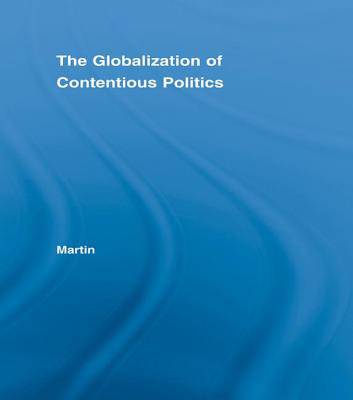
- Afhalen na 1 uur in een winkel met voorraad
- Gratis thuislevering in België vanaf € 30
- Ruim aanbod met 7 miljoen producten
- Afhalen na 1 uur in een winkel met voorraad
- Gratis thuislevering in België vanaf € 30
- Ruim aanbod met 7 miljoen producten
Zoeken
€ 67,95
+ 135 punten
Omschrijving
This dissertation argues that Amazonian indigenous peoples organized via transnational networks due to the domestic blockages presented to them in their respective countires. Due to these blockages and the growing number of transnational political opportunity structures, such as national and international non-govermental organizations, multi-lateral development banks, and multinational corporation, indigenous peoples mobilized through transnational advocacy networks and eventually formed transnational social movement organizations. Through a comparative-historical analysis of five Ecuadorian Amazonian indigenous organizations, this work illustrates the processes of transnational collective action and its outcomes.
Specificaties
Betrokkenen
- Auteur(s):
- Uitgeverij:
Inhoud
- Aantal bladzijden:
- 180
- Taal:
- Engels
- Reeks:
Eigenschappen
- Productcode (EAN):
- 9781138975279
- Verschijningsdatum:
- 13/05/2016
- Uitvoering:
- Paperback
- Formaat:
- Trade paperback (VS)
- Afmetingen:
- 152 mm x 229 mm
- Gewicht:
- 452 g

Alleen bij Standaard Boekhandel
+ 135 punten op je klantenkaart van Standaard Boekhandel
Beoordelingen
We publiceren alleen reviews die voldoen aan de voorwaarden voor reviews. Bekijk onze voorwaarden voor reviews.











